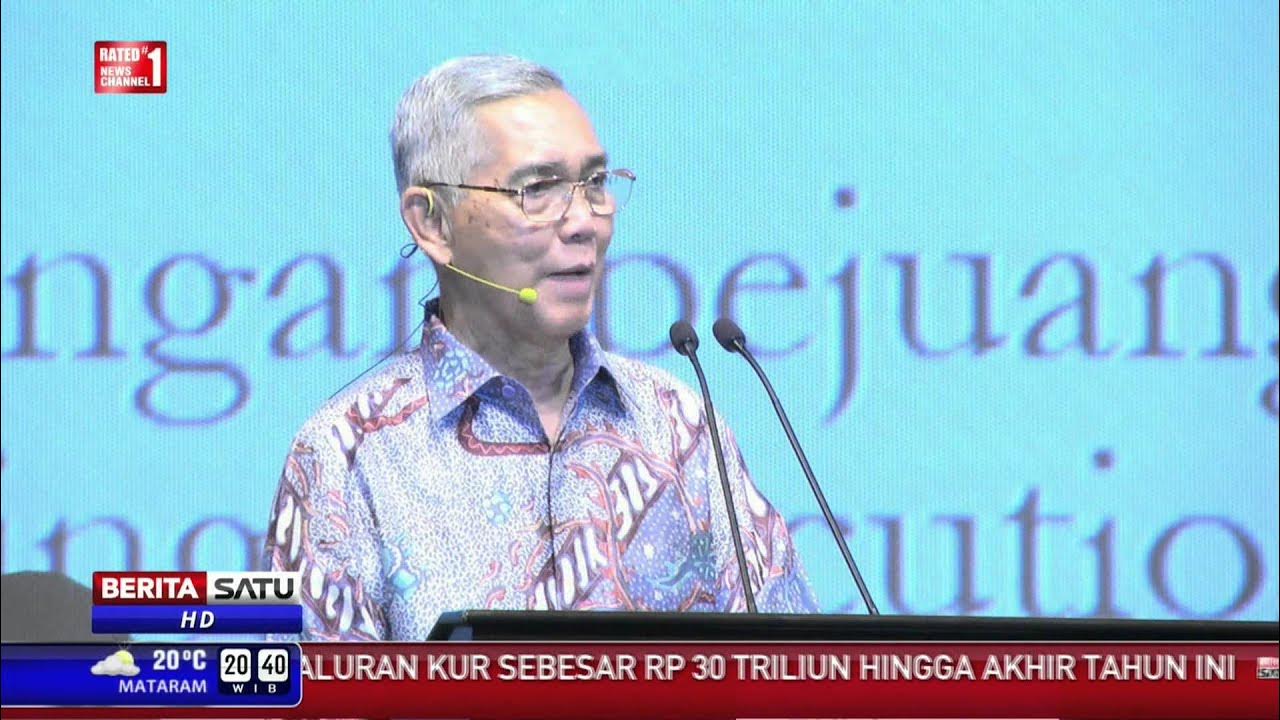KHC Survivor Testimony: David Widawsky (February 4, 2020)
Summary
TLDRDavid Widawsky recounts his father's experiences growing up in pre-WWII Poland, his survival during the Holocaust, and his eventual liberation. Born into a large Jewish family in Zduńska Wola, David's father lived through the formation of the Łódź Ghetto and was later sent to Auschwitz and a labor camp in Kaufering. He survived the war but lost most of his family. Post-war, he married, immigrated to the U.S., and reconnected with a surviving brother in Israel. The story is a poignant reflection on survival, family, and resilience in the face of unimaginable hardship.
Takeaways
- 👶 David Widawsky's father, born in 1925, was the tenth of eleven children in Zduńska Wola, Poland.
- 🏙️ His family moved to Łódź when his mother became a widow, and they led a simple life in a Jewish community.
- 🕍 He attended both public school and religious school but had a modest Bar Mitzvah, unlike typical American celebrations.
- ✈️ His father vividly remembered the start of World War II with the sounds of airplanes overhead and lived through the Łódź ghetto.
- 🚂 In 1944, his father was transported to Auschwitz and separated from his family, never seeing his mother and sister again.
- 🛠️ After Auschwitz, he was sent to a work camp in Kaufering, where the harsh conditions left a lasting impression, especially the constant taste of cement.
- 🏚️ After liberation in 1945, he spent time in a displaced persons (DP) camp where he learned some English from American soldiers.
- 👫 David's father met his wife through his brother-in-law after the war, and they married within weeks.
- 📞 In 1965, David's father was reunited with a long-lost brother who had fled to Russia during the war, and they stayed in contact every Friday.
- 👨👦 David, who has three sons, is named after both of his grandfathers, a meaningful and heavy responsibility given his family's tragic history.
Q & A
What was David Widawsky's father’s early life like in Poland?
-David Widawsky's father was born on January 15, 1925, in Zduńska Wola, Poland. His family moved to Łódź when he was around eight years old after his mother became a widow. They lived a simple life in a large, bustling family with many children, in-laws, and grandchildren.
What type of education did David Widawsky’s father receive during his childhood?
-He attended both public school and a religious school, which he referred to as Hebrew school, where he learned Hebrew and religious studies. However, his Bar Mitzvah was not celebrated with any ceremony; it simply marked the age when he could be counted in a minyan.
How did World War II affect David Widawsky’s family?
-On September 1, 1939, the onset of World War II changed everything for his family. They were eventually concentrated into the Łódź Ghetto but had an advantage because they already lived in the Jewish part of the city. Over time, they faced increasing restrictions and hardships.
What happened to David Widawsky’s father and his family when they were sent to Auschwitz?
-In 1944, the family was sent to Auschwitz, where they were separated by Dr. Mengele. His mother and sister were sent to one side, while David's father was sent to the other. That was the last time he saw his mother and sister.
How did David Widawsky’s father survive during his time in the concentration camps?
-David Widawsky’s father survived through a combination of perseverance and luck. After spending about three weeks in Auschwitz, he was sent to a work camp in Kaufering, where he worked in a cement factory. He endured poor conditions, lack of food, and struggled with constant hunger.
What was David Widawsky’s father's experience of liberation?
-He was liberated in April 1945 by American forces while being transported on a train. The locomotive was bombed, and when the American troops opened the cattle cars, many bodies fell out, and the survivors, including David's father, escaped.
How did David Widawsky’s parents meet after the war?
-David’s father met his future wife through his brother-in-law, who survived the war. His brother-in-law introduced him to a woman, and three weeks later, they were married.
How did David Widawsky’s father learn English after the war?
-David Widawsky’s father learned English from American soldiers in the Displaced Persons (DP) camps after the war. The soldiers only spoke English, so survivors had to pick up basic phrases in order to communicate and meet their needs.
How did David Widawsky’s father reconnect with his brother after the war?
-David Widawsky’s father discovered in 1965 that one of his brothers had survived by fleeing to Russia at the beginning of the war. They reconnected 20 years after the war, with his brother living in Israel and his father in the U.S. They maintained weekly contact for the rest of their lives.
What message did David Widawsky's father emphasize based on his Holocaust experiences?
-David Widawsky’s father emphasized the importance of Jewish unity and vigilance against antisemitism and race hatred, warning that another Hitler-like figure could emerge. He believed in staying united and fighting for the right to live in peace.
Outlines

هذا القسم متوفر فقط للمشتركين. يرجى الترقية للوصول إلى هذه الميزة.
قم بالترقية الآنMindmap

هذا القسم متوفر فقط للمشتركين. يرجى الترقية للوصول إلى هذه الميزة.
قم بالترقية الآنKeywords

هذا القسم متوفر فقط للمشتركين. يرجى الترقية للوصول إلى هذه الميزة.
قم بالترقية الآنHighlights

هذا القسم متوفر فقط للمشتركين. يرجى الترقية للوصول إلى هذه الميزة.
قم بالترقية الآنTranscripts

هذا القسم متوفر فقط للمشتركين. يرجى الترقية للوصول إلى هذه الميزة.
قم بالترقية الآنتصفح المزيد من مقاطع الفيديو ذات الصلة
5.0 / 5 (0 votes)






